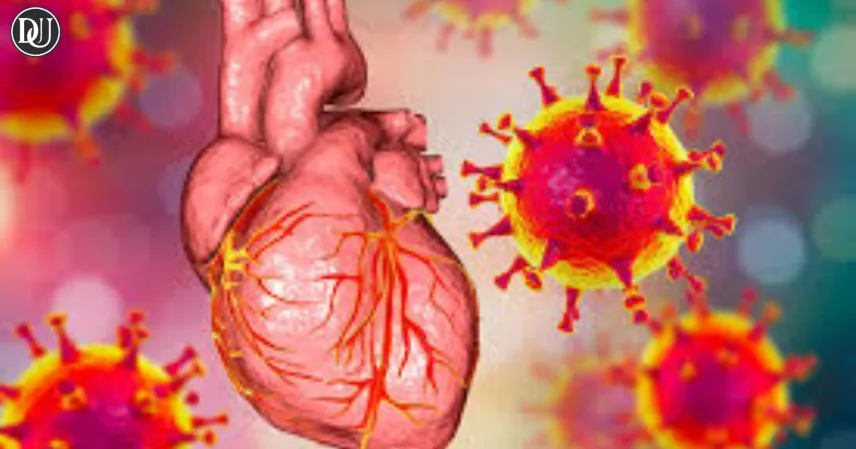The U.S. Food and Drug Administration (FDA) has expanded its safety warning regarding a rare heart-related side effect linked to the Pfizer and Moderna COVID-19 vaccines. This covid vaccines heart risk warning update comes as new data highlights the continued, though rare, occurrence of myocarditis and pericarditis—types of heart inflammation—following mRNA vaccination, particularly in younger populations.
This updated guidance does not pull the vaccines from the market or recommend halting their use. Instead, it emphasizes increased awareness and monitoring for those receiving the shots, especially young males aged 12 to 29.
What the Updated Warning Means
According to the FDA, the latest covid vaccines heart risk warning update builds on previous findings and includes new clinical reports and research data. The agency confirmed that cases of myocarditis, though infrequent, have been most often observed within seven days following the second dose or booster.
Symptoms may include chest pain, shortness of breath, and feelings of a rapid or fluttering heartbeat. Most affected individuals recovered fully with treatment, and hospitalization was typically short. However, the FDA believes transparency is crucial to building public trust in vaccine safety.
Pfizer and Moderna Respond
Both Pfizer and Moderna have acknowledged the FDA’s warning and reiterated that their vaccines continue to meet global safety standards. Company spokespeople noted that the risk of heart complications from COVID-19 infection itself remains higher than from the vaccine.
Pfizer stated it is working closely with regulatory bodies worldwide to monitor side effects and ensure rapid response to any concerns. Moderna also emphasized that the benefits of vaccination still outweigh the risks, especially for high-risk individuals.
Who Is Most at Risk?
The covid vaccines heart risk warning update points out that males between the ages of 12 and 29 are the demographic most frequently affected by the condition.
However, this group also tends to recover well with rest and treatment. Health professionals are advised to discuss potential side effects with patients during vaccine consultations, especially if they fall into higher-risk categories.
Should You Be Concerned?
Medical experts stress that this update is not a cause for alarm but a call for awareness. The rate of heart inflammation remains extremely low in the overall vaccinated population. The covid vaccines heart risk warning update is meant to guide physicians, not discourage vaccination.
Doctors are now being encouraged to screen for underlying cardiac conditions, particularly in younger male patients, before administering booster doses.
What’s Next in Monitoring Vaccine Safety
The CDC and FDA will continue to track vaccine side effects using systems like VAERS (Vaccine Adverse Event Reporting System). The covid vaccines heart risk warning update is part of a larger effort to remain transparent about both risks and benefits.
Booster campaigns may also be adjusted in the future based on ongoing safety evaluations, including possible updates to vaccine formulas that minimize risks without reducing efficacy.










